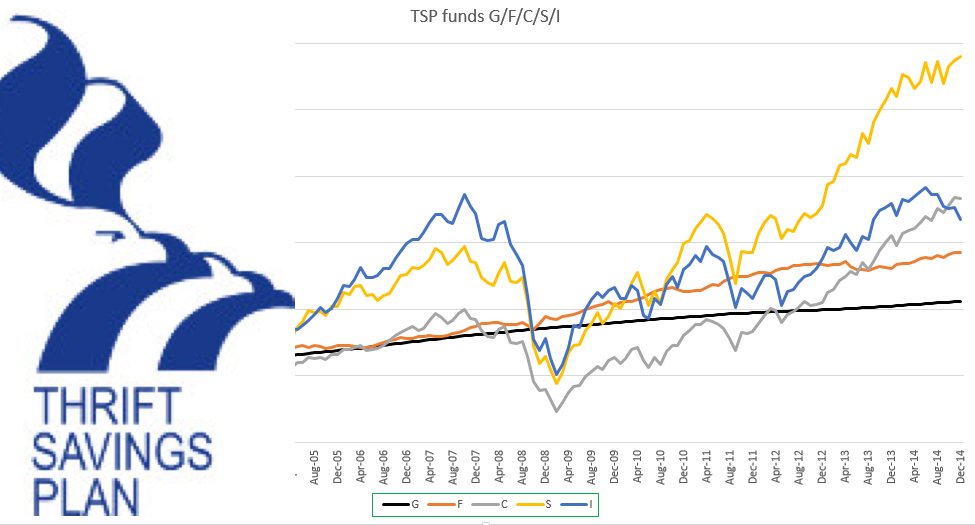If you Want to Retire Stress-Free, you Need to Diversify Your Investments

Twenty years ago, a dollar that you saved lost roughly half its value. Both seniors nearing retirement and those already retired are at risk from this kind of inflation. Since 2000, the buying power of the US dollar has dropped by an astonishing 44.2%. According to data from the government’s own Bureau of Labor Statistics (BLS), inflation seems to be worse than previously thought. While interest rates are at historic lows, the inflation-inducing practices of the Federal Reserve may work against them.
Retirees and pre-retirees, how does this affect you?
Your advisor or team has certainly brought up the concept of “diversification” at some point. Although it was formerly considered a “good notion,” diversity has become an urgent need since 2020. Diversification seems the only way to thrive in an increasingly turbulent investment market. A retiree’s worst nightmare is to outlive their funds. Thus, diversification or so-called “hybrid” retirement plans are vital.
Financial planning includes measures to reduce risk and increase return on investment (ROI), such as diversification. However, despite the advice of some financial gurus, there is no shortcut or “one size fits all” template that may decrease the time it takes to get started. Generalizing the best way to allocate a portfolio is impossible since every investor is different. In the opinion of some financial experts, diversification can only be achieved by investing in every asset class.
Possibilities and Hazards
What is the best way to diversify one’s portfolio?
Keeping track of and managing different assets is a hassle for many individuals. Therefore, they don’t want to distribute their money around. Retirees and those who are approaching retirement should consider several sources of income. Each of these assets has its own set of advantages and disadvantages, as well as development potential.
It is called the Social Security system!
Social Security is a reliable source of income for retirees, but they should not rely on it as their only source of retirement funds. Utilizing fixed-interest debt instruments, such as bonds, is a systematic way to establish a wide range of retirement plans. Interest in these types of investments is typically paid twice a year. Upon maturity, the investor receives a return on the initial investment. There is excellent potential for expansion, but recent volatility has shown that more significant dangers typically accompany this growth.
This alternative must be carefully weighed against the potential risks and the time it will take for any financial losses to be recovered. Considering the recent COVID-19 epidemic, Wall Street’s results have become increasingly shakier, which means that seniors who invest too much in the market may not recover for years. When stock prices fall, retirees may be forced to take more significant sums of their investments, contributing to quicker depletion of retirement resources.
Consider consulting a professional financial advisor to see whether you have enough money invested in equities. These are investment vehicles that are considered “safe money.” Permanent life insurance and annuities are the building blocks of a secure retirement. Making a portfolio centered on these tried-and-true items makes more sense than throwing them in as a last-minute addition. There are several benefits to investing in less risky and tax-friendly goods, many of which give guaranteed income streams.
Your ability to plan will improve since you know you have a reliable source of money. As a result of this, unlike stocks and other investments, your money is safe. Using these goods may also leave a lasting impression on the people you care about. In addition to the tax benefits that annuities and life insurance providers offer, these safe-money products are also an excellent way to save for the future.
Other options for diversifying your retirement portfolio exist, and they are based on your hunger for growth and your level of risk tolerance. Due investigation and study should be done before making any of these more “exotic” investments. To get straight answers concerning money, consult a reputable financial counselor who will not attempt to upsell you anything.
Financial blunders might hurt your happiness when you no longer have a job. Fortunately, feasible alternatives to conventional planning and a “hybrid” portfolio may help you avoid making these blunders.
Contact Information:
Email: [email protected]
Phone: 9143022300
Bio:
My name is Kevin Wirth and I have worked in the financial services industry for many years and I specialize in life insurance and retirement planning for individuals and small business owners, with a specialty in working with Federal Employees. I am also AHIP certified to work with individuals on their Medicare planning. You can contact me by e-mail or phone. I look forward to the opportunity of working with you on these most relevant areas of financial planning.
[email protected]
914-302-2300
Disclosure:
These articles are intended for educational purposes only. Please contact your advisors for legal, accounting or investment advice.








